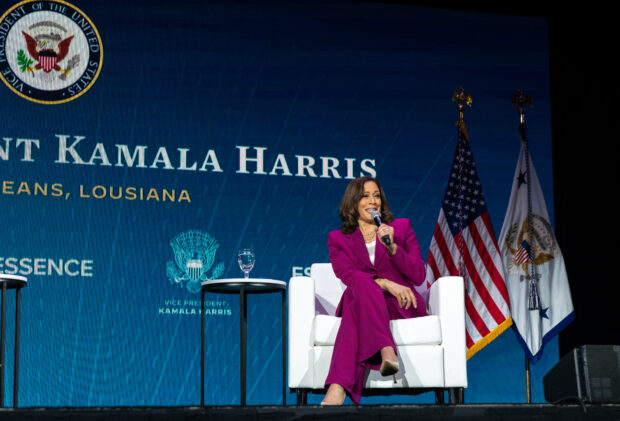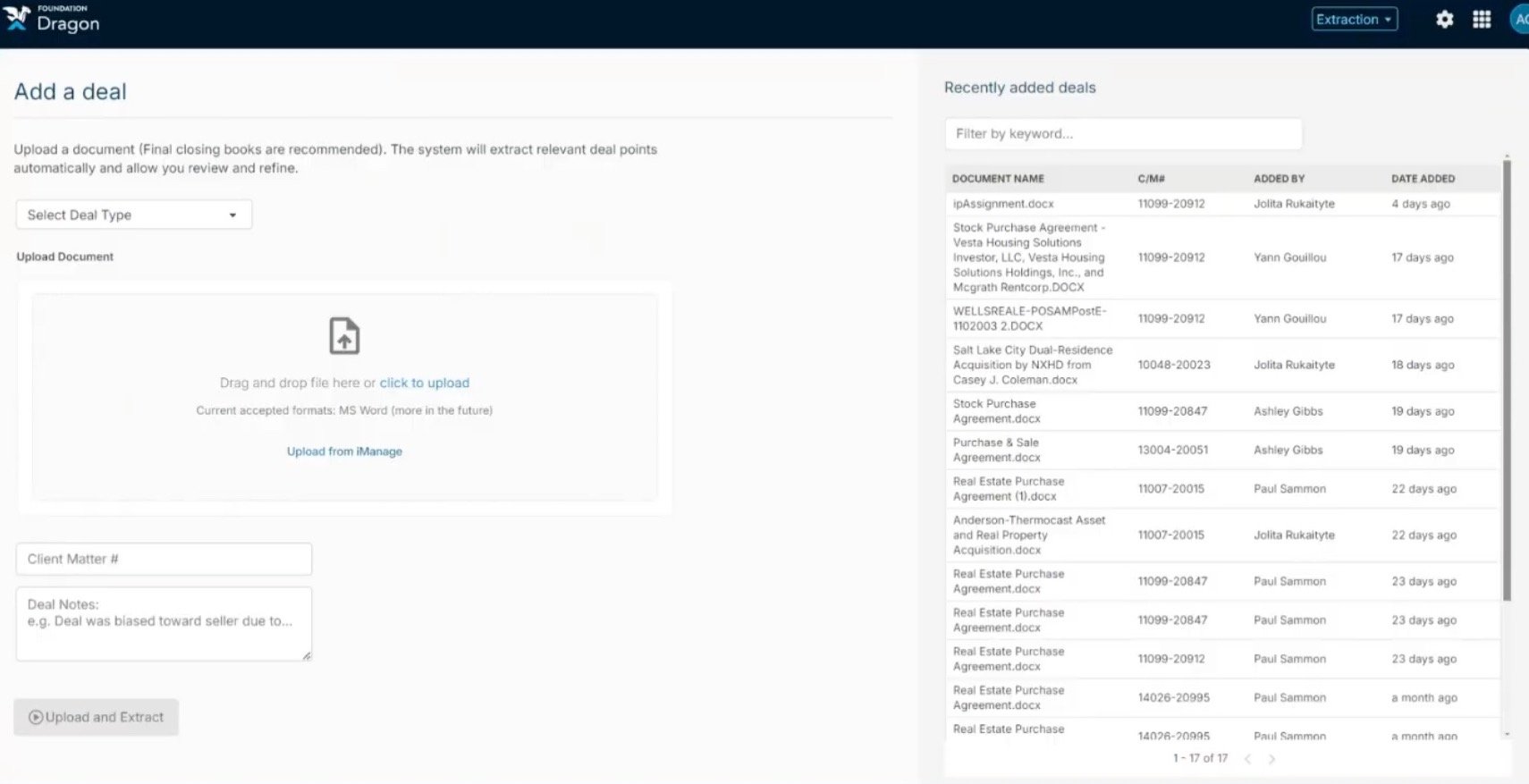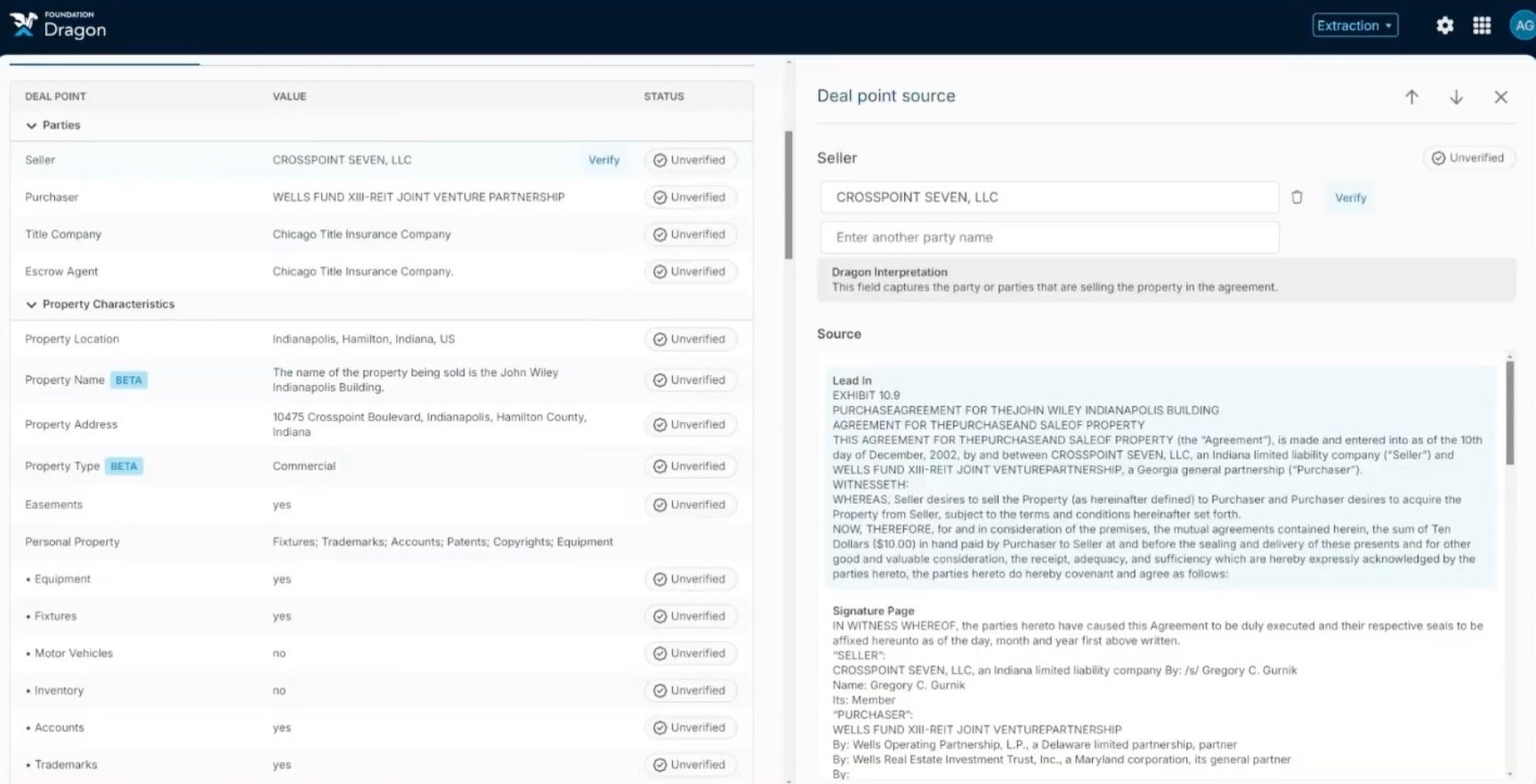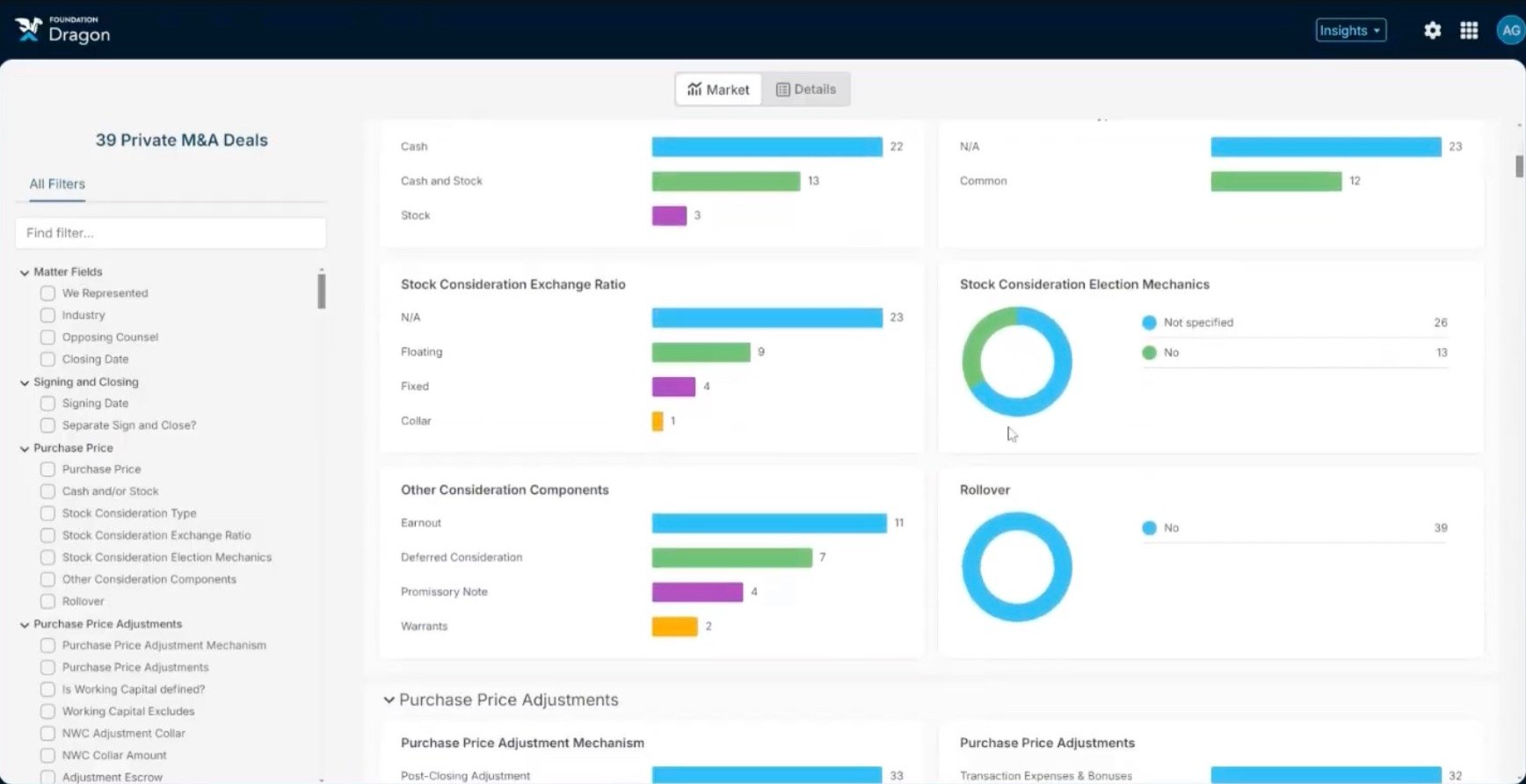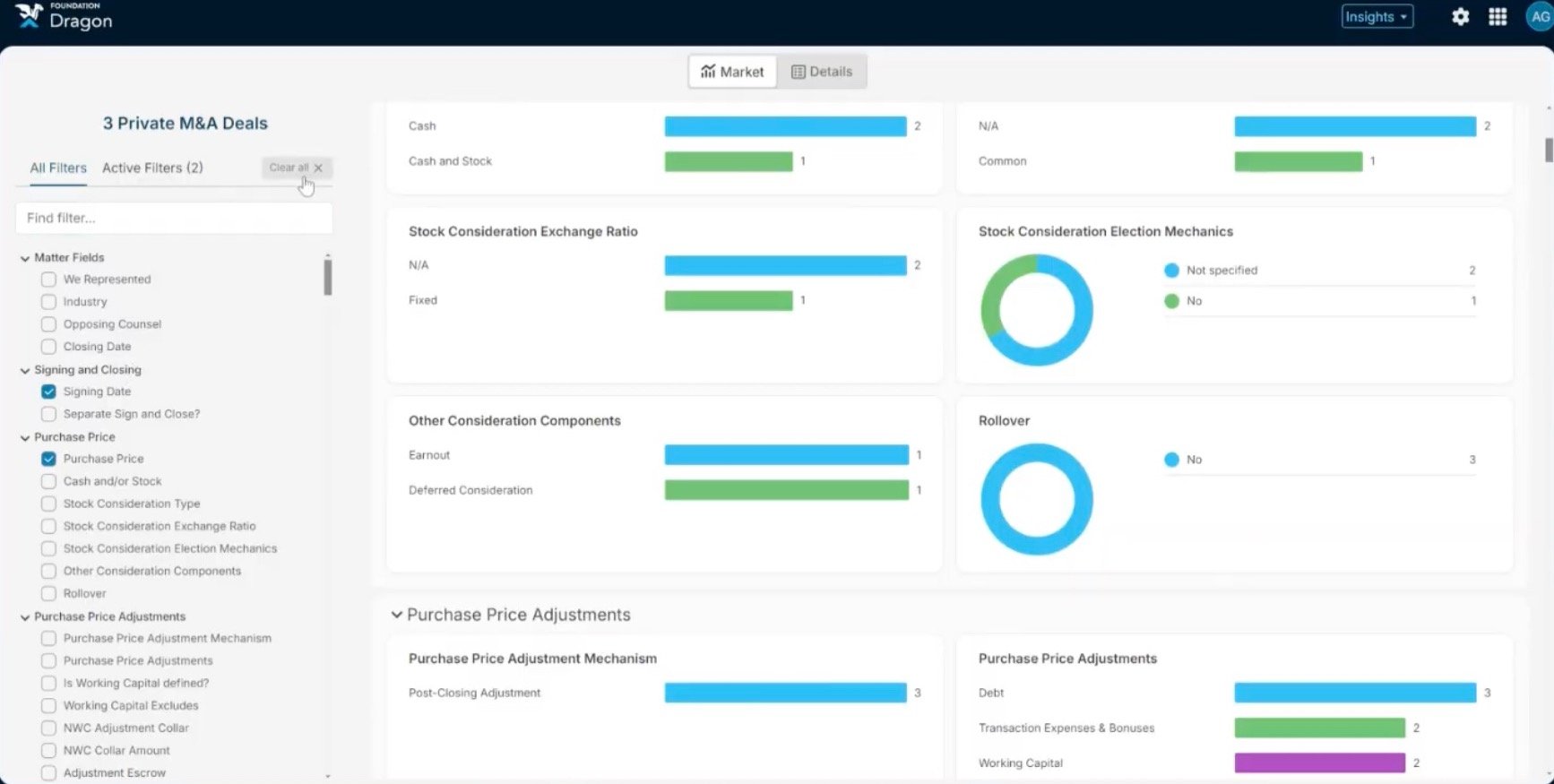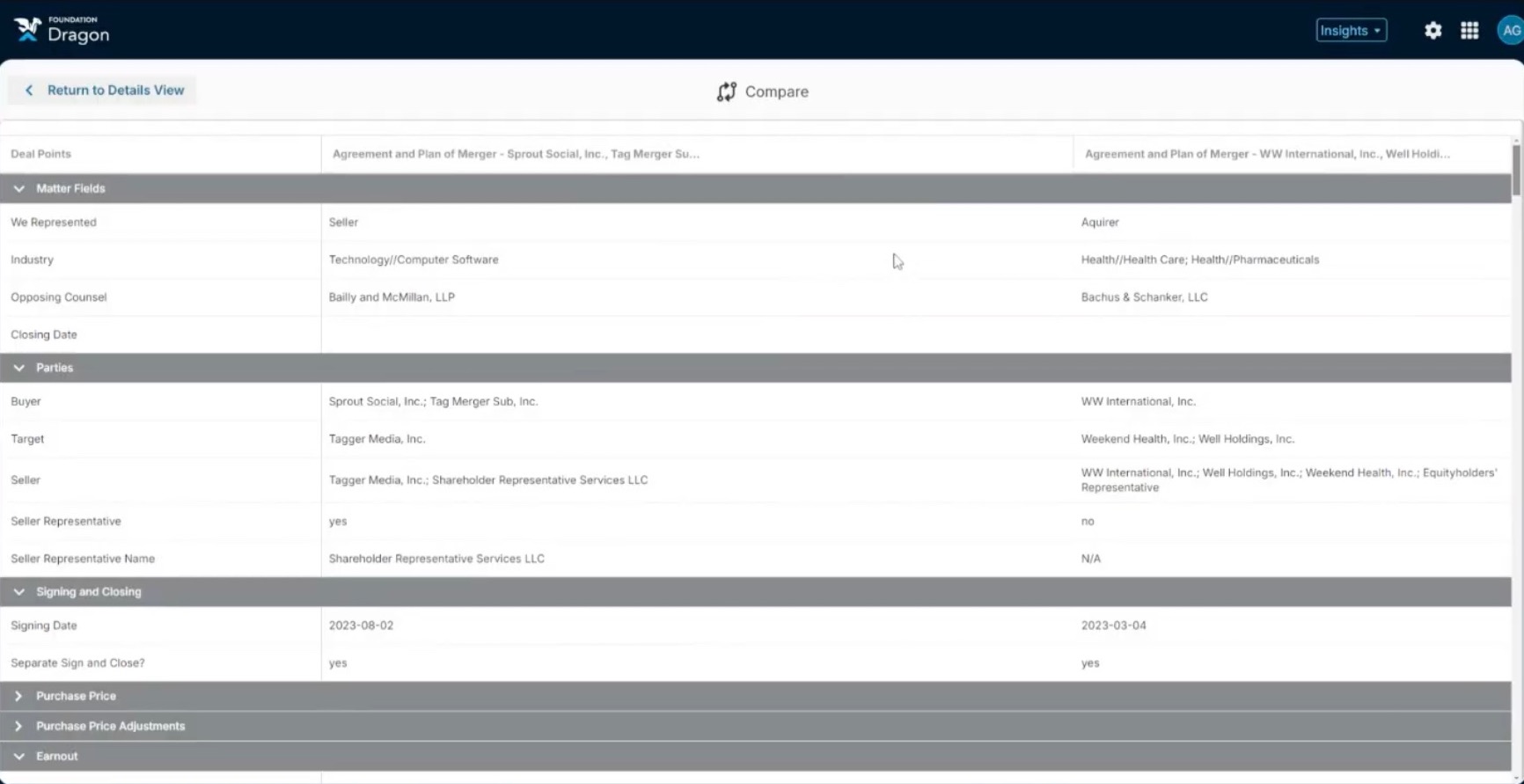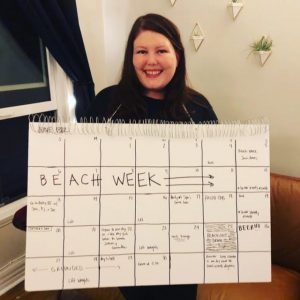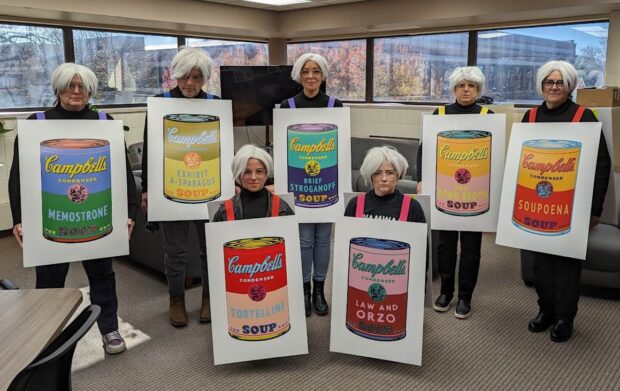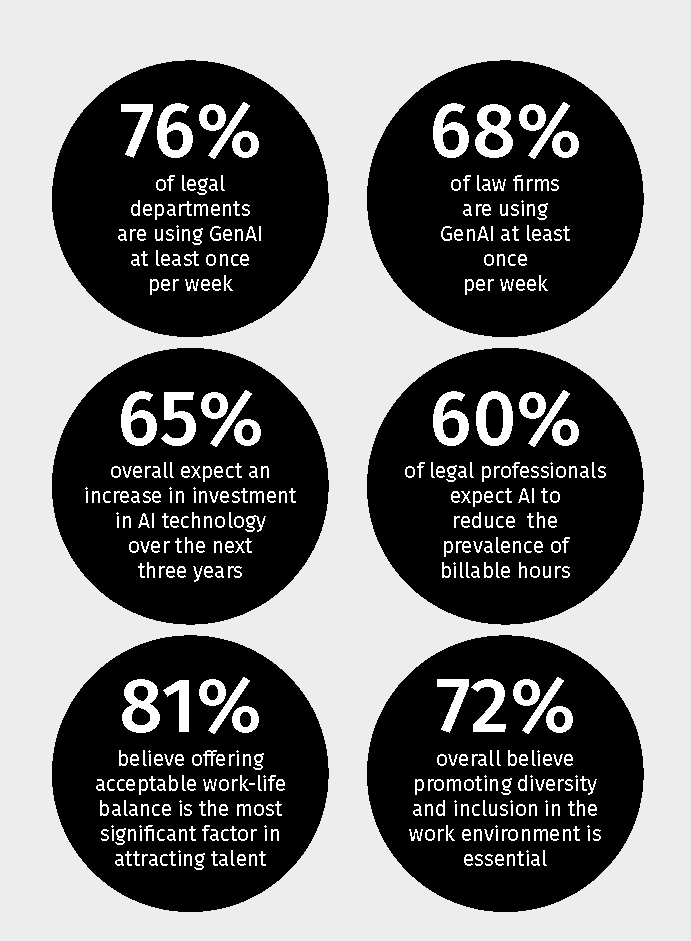
Seventy-six
percent
of
legal
professionals
in
corporate
legal
departments
and
68%
in
law
firms
are
using
generative
AI
at
least
once
a
week,
with
a
third
of
those
professionals
using
it
daily.
That
is
among
the
findings
of
the
2024
Future
Ready
Lawyer
Survey
from
Wolters
Kluwer,
the
sixth
edition
of
a
report
that
offers
an
annual
view
of
the
legal
industry’s
evolving
landscape,
with
a
particular
emphasis
on
technology,
especially
generative
AI,
and
how
these
advancements
are
reshaping
law
firms
and
corporate
legal
departments.
Based
on
responses
from
712
legal
professionals
in
10
countries,
the
report
outlines
significant
trends,
challenges,
and
opportunities
the
industry
is
facing
over
the
next
three
years.
These
include
technology
integration,
evolving
client
expectations,
talent
management,
environmental,
social,
and
governance
(ESG)
considerations,
and
information
security.
Gen
AI
Adoption
Not
surprisingly,
the
report
finds
that
the
integration
of
gen
AI
is
one
of
the
most
significant
trends
in
the
legal
industry,
offering
the
potential
to
streamline
processes,
improve
efficiency,
and
reduce
manual
tasks.
Increasingly,
the
legal
industry
is
adopting
gen
AI
to
handle
routine
legal
processes,
such
as
legal
research,
document
review,
and
drafting.
This
shift
allows
legal
professionals
to
focus
on
more
complex,
value-added
tasks,
the
report
says.
According
to
the
report,
76%
of
legal
professionals
in
corporate
legal
departments
use
gen
AI
at
least
once
a
week,
compared
to
68%
of
those
in
law
firms.
A
third
of
respondents
use
it
daily.
In
addition,
65%
of
legal
professionals
expect
AI
technology
investment
to
increase
over
the
next
three
years.
But
despite
all
the
enthusiasm
around
gen
AI,
many
challenges
remain,
the
report
says.
Among
the
challenges
most
frequently
cited
by
respondents
were
issues
related
to
integration,
trust
in
AI-generated
outcomes,
and
concerns
over
ethics
and
data
privacy.
Integrating
gen
AI
into
existing
legal
systems
and
workflows
remains
difficult,
the
survey
says,
with
37%
of
respondents
in
law
firms
and
42%
in
corporate
legal
departments
citing
this
as
a
significant
challenge.
Two
other
major
issues
are
concerns
over
the
accuracy
of
gen
AI
outputs
and
the
ethical
implications
of
using
AI
in
legal
work.
Around
41%
of
law
firm
professionals
and
37%
of
corporate
legal
professionals
expressed
doubts
about
the
reliability
of
gen
AI
results.
Despite
these
challenges,
the
report
underscores
that
gen
AI
is
no
longer
an
optional
tool
but
a
necessary
component
for
future-ready
legal
organizations.
To
fully
leverage
the
benefits
of
gen
AI,
legal
professionals
will
need
ongoing
training,
ethical
guidelines,
and
robust
review
processes
to
mitigate
issues
like
AI
“hallucinations.”
AI’s
Impact
on
the
Billable
Hour
Gen
AI’s
ability
to
drive
efficiency
is
expected
to
have
a
profound
impact
on
traditional
legal
business
models,
particularly
the
reliance
on
billable
hours,
the
report
concludes.
The
reliance
on
billable
hours,
once
a
staple
of
the
legal
profession,
is
expected
to
decline
as
law
firms
adopt
new
pricing
models,
such
as
flat
fees
and
value-based
billing.
It
finds
that,
overall,
60%
of
legal
professionals
expect
AI
to
reduce
the
dominance
of
the
billable
hour
model,
with
67%
of
corporate
legal
departments
and
55%
of
law
firms
believing
that
AI-driven
efficiencies
will
significantly
impact
the
prevalence
of
the
billable
hour.
More
than
half
of
the
respondents
feel
prepared
to
adapt
their
business
practices,
workflows,
and
pricing
models
to
accommodate
these
changes.
Attracting
and
Retaining
Talent
On
another
topic,
the
report
finds
at
attracting
and
retaining
top
legal
talent
remains
a
challenge
in
an
industry
undergoing
transformation.
In
particular,
legal
professionals
emphasized
the
value
of
work-life
balance,
competitive
compensation,
and
opportunities
for
continuous
learning.
The
report
says
that
81%
of
respondents
emphasized
the
importance
of
work-life
balance,
and
82%
believed
their
organization
performed
well
in
this
area.
And,
in
an
age
when
AI
is
becoming
more
integrated
into
legal
work,
72%
of
respondents
stated
that
technological
proficiency
is
increasingly
essential
when
hiring
new
talent.
ESG
Issues
There
continues
to
be
growing
demand
for
expertise
in
environmental,
social,
and
governance
(ESG)
issues,
and
that
demand
is
putting
pressure
on
both
corporate
legal
departments
and
law
firms,
the
survey
finds.
That
said,
corporate
legal
departments
feel
better
prepared
to
address
ESG
demands
than
law
firms,
with
41%
of
corporate
respondents
feeling
“very
prepared”
compared
to
only
29%
of
law
firm
respondents.
However,
both
sectors
face
challenges,
particularly
in
terms
of
training
staff
and
aligning
with
regulatory
changes.
While
the
need
for
ESG
training
is
clear,
the
report
says,
less
than
half
of
law
firms
currently
offer
such
programs.
Among
corporate
legal
departments,
56%
offer
ESG
training.
The
report
cautions
that,
as
ESG-related
demands
grow,
firms
that
fail
to
adapt
may
struggle
to
meet
client
expectations.
The
Challenge
of
Information
Security
Another
challenge
faced
by
respondents
in
the
survey
is
information
security.
With
the
rise
of
cyberattacks
and
data
breaches,
74%
of
legal
professionals
see
escalating
information
security
challenges
as
a
major
trend,
with
33%
expecting
a
significant
impact
on
their
organization.
However,
only
29%
of
respondents
feel
“very
prepared”
to
meet
these
security
challenges,
despite
80%
believing
that
their
organization
is
generally
prepared.
This
gap
between
general
readiness
and
complete
preparedness
underscores
the
need
for
ongoing
improvements
in
information
security
practices.
“The
question
of
whether
legal
professionals
are
future-ready
remains
relevant
and
compelling,
even
after
six
years
of
Future
Ready
Lawyer
research,”
the
report
concludes.
Clearly
that
is
so,
as
the
survey
paints
a
picture
of
an
industry
in
the
midst
of
profound
transformation,
due
most
strikingly
to
the
rapid
proliferation
of
gen
AI,
a
development,
the
report
says,
that
has
put
lawyers
to
the
test.
“Judging
from
the
2024
Future
Ready
Lawyer
Survey
results,
they
seem
to
have
jumped
on
the
gen
AI
train
more
rapidly
than
they’ve
ever
jumped
on
new
technology
before.
It
is
a
promising
development,
which
says
a
lot
about
the
agility
and
adaptability
of
legal
professionals.”





 Chris
Chris
 Kathryn
Kathryn






